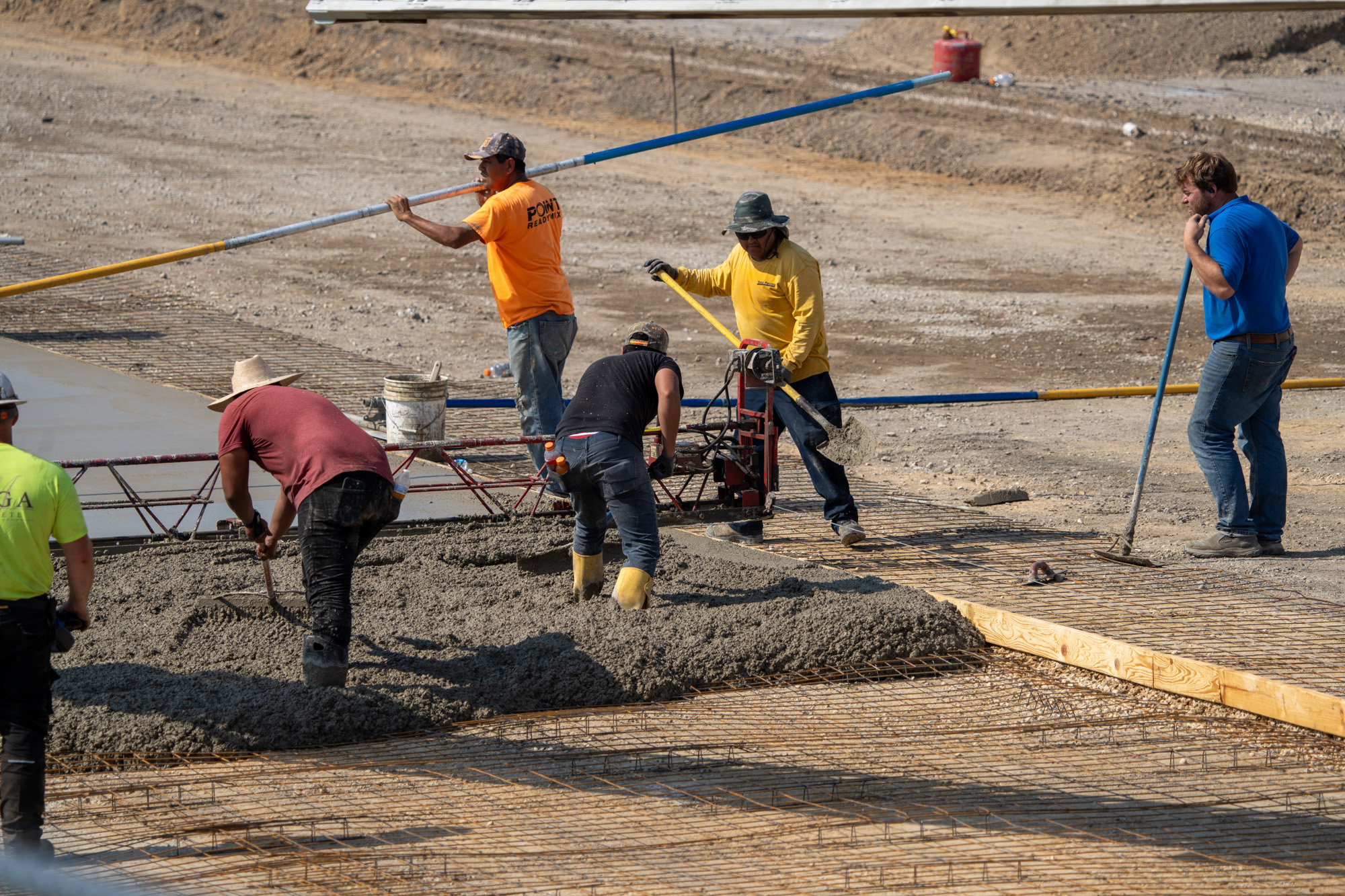Asphalt surfaces are known for their durability, but like any material, they may develop issues over time. In this blog post, we’ll provide a comprehensive guide to help homeowners perform basic asphalt repairs, so you can keep your driveway looking its best.
Identifying Common Asphalt Issues
Before diving into repairs, it’s essential to recognize common asphalt problems:
Cracks: These can vary in size and severity, from hairline cracks to larger ones that need immediate attention.
Potholes: These are depressions in the pavement where the asphalt has eroded or collapsed, creating a hole.
Rutting: These are grooves or depressions in the asphalt, often caused by repeated heavy traffic or poor installation.
Alligator Cracking: These are interconnected cracks resembling an alligator’s skin, typically a sign of significant structural damage.
DIY Asphalt Repair Techniques
Once you’ve identified the problem, it’s time to apply the appropriate repair technique:
Small Crack Repair: For hairline cracks, use a rubberized asphalt crack filler, following the manufacturer’s instructions. Clean the crack thoroughly and apply the filler using a caulking gun or squeeze bottle.
Large Crack Repair: For cracks wider than ½ inch, use a cold patch asphalt repair material. Clean the crack, remove any debris, and fill the gap with the cold patch. Tamp it down firmly, and consider adding a sealant on top for extra protection.
Pothole Repair: Remove any loose material from the pothole, and clean it thoroughly. Apply a cold patch asphalt repair material, filling the hole slightly above the surrounding pavement level. Tamp down the material until it’s compact and level with the existing surface.
Rutting Repair: If the rutting is shallow (less than 1 inch deep), you can use a sealcoat to fill in the depressions. For more severe rutting, you may need to remove and replace the affected asphalt.
Safety Precautions and When to Call a Professional
When attempting DIY asphalt repairs, always follow the product instructions and take necessary safety precautions, such as wearing gloves and protective eyewear. Keep in mind that more severe damage or extensive issues may require the expertise of a professional asphalt contractor. If you’re unsure about a repair or if the problem persists, it’s best to consult with an expert.
By following this guide, you can address minor asphalt issues and prolong the life of your pavement. Regular maintenance and timely repairs will keep your driveway looking great and functioning well for years to come.


